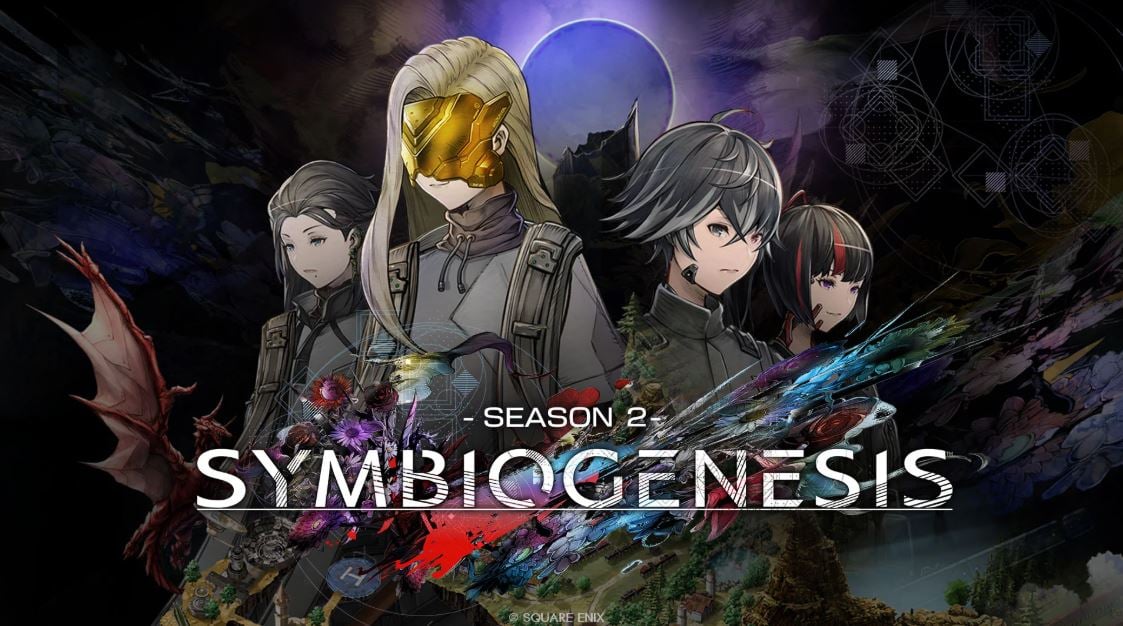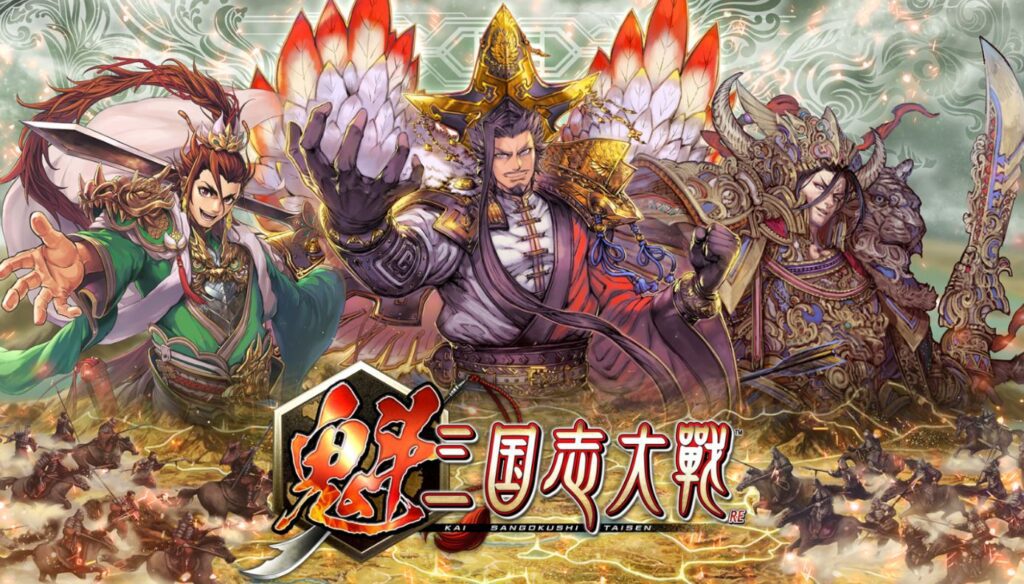So-called play-to-earn (P2E) games, which rely on blockchain and NFT technology, began gaining traction in Japan’s gaming industry a few years ago, with even major console game publishers like Sega, Square Enix and Konami jumping on the trend with crypto-related games. However, the boom appears to be fading now, with the main reasons being the complexity of developing and playing these games, as well as the unsustainable economies they rely on.
In recent months, several major blockchain games have announced the termination of their services. This includes Tokyo Beast (developed by Japanese studio gumi), KAI Sangokushi Taisen published by Sega and Captain Tsubasa: Rivals. It’s worth noting that Sega has openly admitted to losing interest in blockchain games starting in 2023, and plans to shelve all internally developed projects (source: Gameindustry.biz).
According to an analysis by Sumaholife, developing and running blockchain games is complex for traditional game developers, and this comes with a series of unique operating costs that make it very difficult to achieve stable revenue. On top of that, from a player perspective, they’re not exactly easy to master, as just getting started comes with requirements like opening a crypto exchange account and creating a wallet – things the average casual gamer doesn’t know about.

This means that the blockchain games market is extremely specialized, but to continue functioning, most of these games require a constant flow of new users. The play-to-earn model typically rewards playing time with native tokens of NFT items that can be exchanged for real profit, but revenue from existing players depends on money coming in from new players. “Often resembling a Ponzi scheme,” notes Sumaholife, “these in-game economies collapse when token prices fall in response to slowing player base growth. » In turn, as existing players realize they are earning less, they eventually leave as well.
Add to these issues the overall volatility of the crypto market, and it’s not very surprising that the blockchain gaming craze in Japan is showing signs of fading. However, it is interesting to note that since their appearance, these games have received relatively significant media coverage from conventional gaming media in Japan, especially compared to their counterparts in the English-speaking sphere, where the line is much clearer between classic games and unappreciated “blockchain stuff.”




